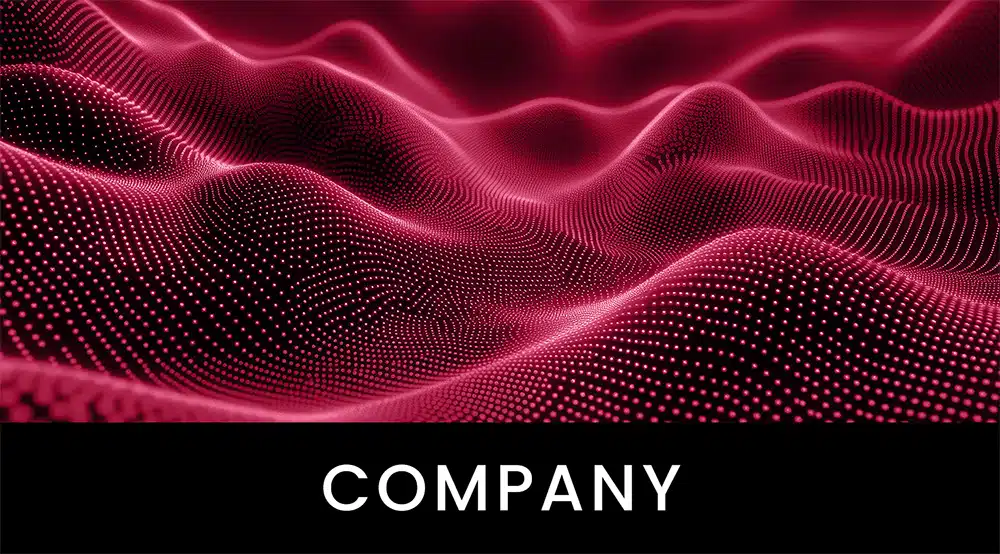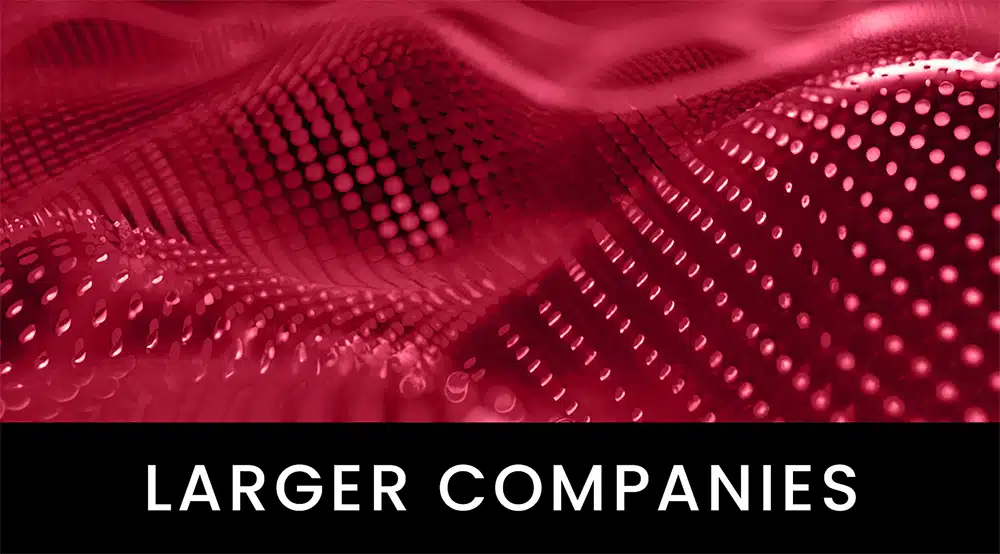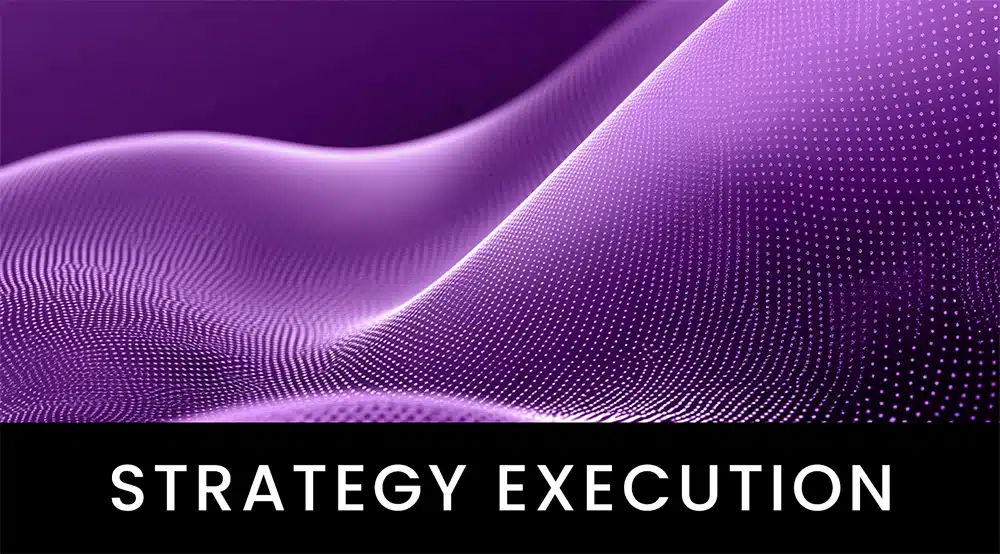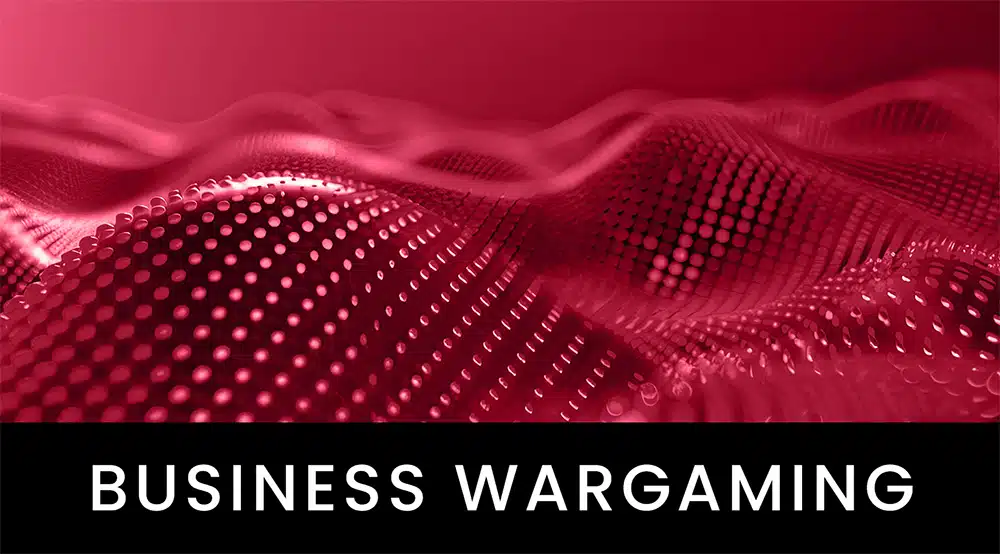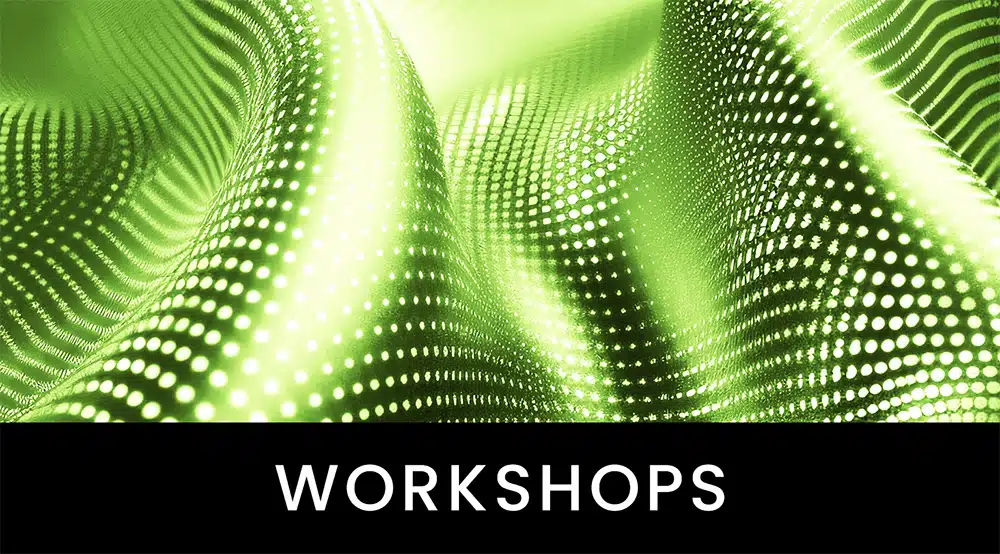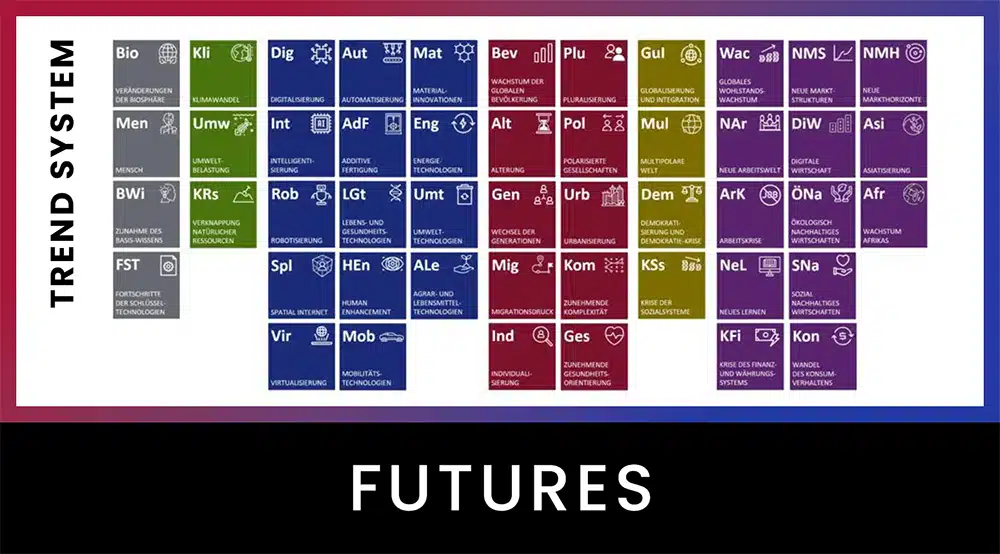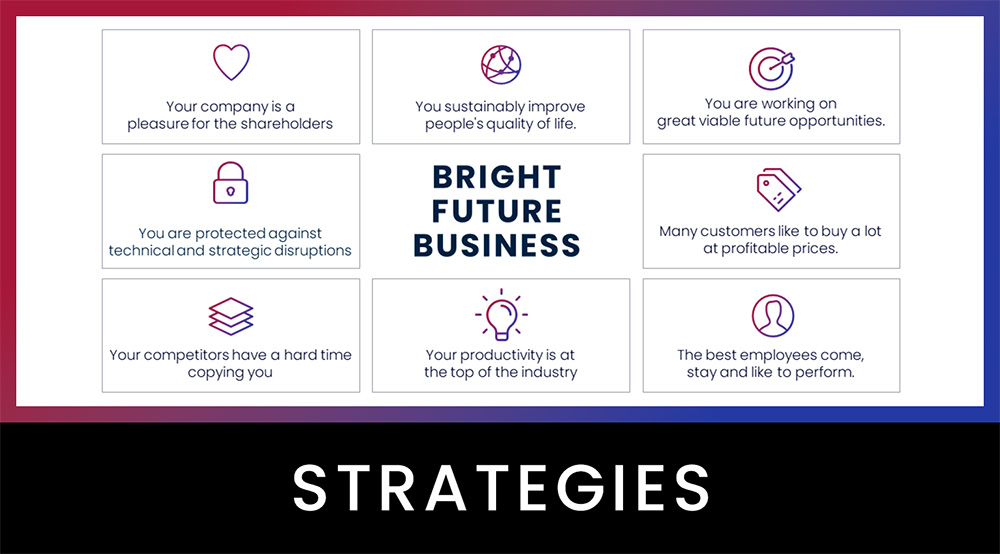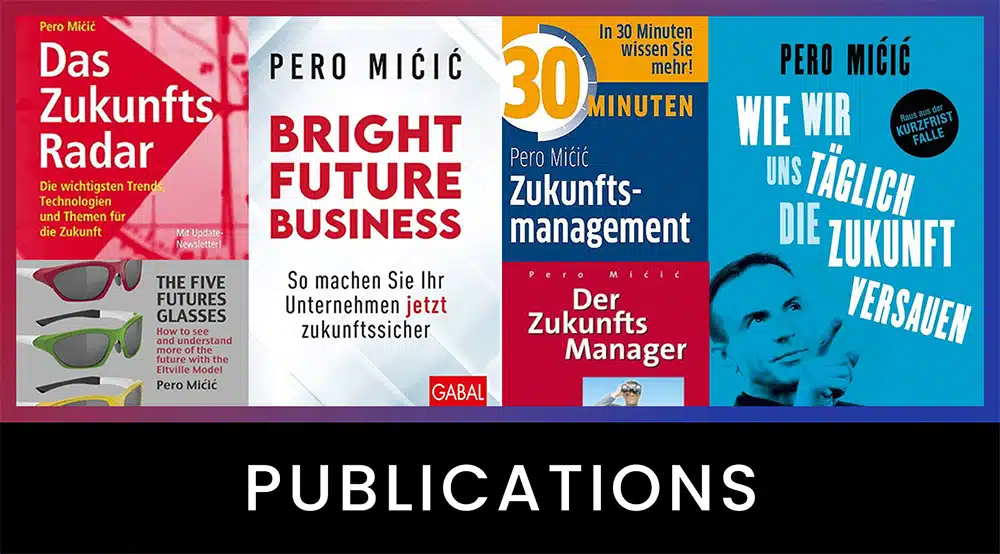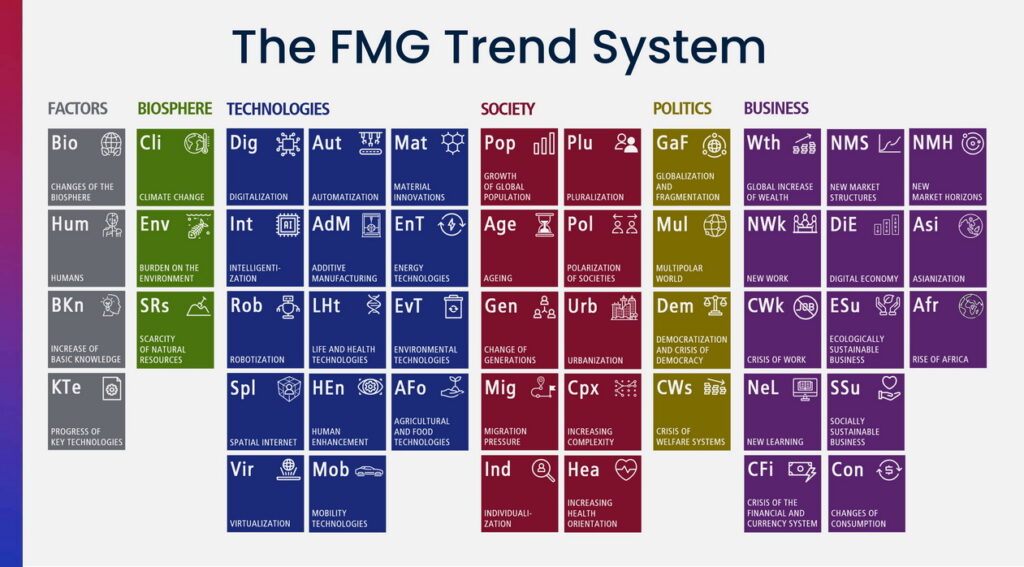Mechanical engineering “made in Germany” – what guaranteed top positions in the global market for decades is in danger of being lost.
A study presented in February 2014 of the Impulse Foundation of the German Engineering Federation (VDMA) warns that competition from China is becoming increasingly dangerous to the German mechanical engineering industry, and not only in the low-cost machinery segment. In fact, China’s share of global sales of machinery already amounted to 30.1 percent. Germany’s share, by comparison, is only around 11 percent. Asia has already been the largest manufacturing region in the machinery and plant engineering sector since 2009. Half of the machines produced worldwide are now manufactured there. This shift in focus is also taking place in other sectors. In 2013, the People’s Republic of China replaced the USA as the world’s most important trading nation for the first time.We are witnessing a change of epoch that is associated with major upheavals. It is not and will not be the only one. As a result of technological and social change, we are being confronted more frequently and also more quickly than before with the end of one professional era after another.What do people do when they reach the end of an era? They try to hold on to the old. They trust in their hopeful feeling that the next era is still far away and that what they are used to is still good and right. This is true not only for individuals, but also for all organizations, for companies, and even for entire states. VDMA President Reinhold Festge also senses this and warns against ignoring the “acute need for action”: “German manufacturers must not allow themselves to be pushed to the top of the technology pyramid. The market there is too small. If we concentrate only on high-tech products, we will run up against the wall. “People tend not to perceive changes sufficiently and therefore to underestimate them – regardless of how open they pretend to be to the future and innovation. Why is that? Our brains love the familiar. We are built in such a way that we make friends with the familiar and perceive the new coming from outside as a threat. Infatuated with the status quo, our brains assume and hope that circumstances will not change decisively. Most of all, we want to save the passing era into the future. As long as there are no competitors in the economic context, this is harmless. But when you’re competing for scarce resources, such as customers and orders, holding on too long causes you to fall behind. In this way, we make the necessary change to the new even worse and harder than it already is.The here and now is more important to us than any future. Only in great distress do we wish for nothing more than that we had recognized the changes earlier and acted sooner. However, as soon as the situation calms down and we get used to the new, we fall back into the present preference. The opposite would be true. And it is precisely then that we have the great opportunity to ask and answer decisive questions: What can I do now to make the next era what I want it to be? What do I have to learn? What do I have to forget? What can I take with me? What do I have to leave behind? Sometimes you have to create the crisis in your life and in your company yourself in order to end one era irretrievably and start a new one.Immediately after a crisis has been overcome comes the best time to create the next crisis, the next change yourself and to be the sovereign manager of your own future. In practical terms, it is about making products and services, marketing and sales, processes and systems, and also people and their shared culture fit for the future. Above all, however, it is about everyone first making themselves future-competent and acting intelligently for the future.Whether in mechanical engineering or in any other industry, we will see more markets, professions and tasks disappear than we can imagine today. But we will also see as many new markets and jobs emerge as seem impossible today. The change from one era to another can either break our necks economically or fill our future with success and happiness.
Of course, it can happen that you boldly set out into the new era, only to realize later, disappointed, that you were much too early, that the customers or the technology wasn’t ready after all. We can only judge whether this danger exists if we do not lower our gaze to day-to-day business, but look out into the world and into the future.
We can and must see more of the future in our everyday lives, more of the technologies and trends that are changing our lives. Only then can we recognize the threats and opportunities inherent in them, can we understand how the new era will be different from the present. Only then do we have a chance to survey the change, orient ourselves and use the forces of change to our advantage.
Follow these links as well:
► The Future Strategy Program for SMEs
► Free video crash course THE FUTURE OF YOUR BUSINESS
► BUSINESS WARGAMING for robust business and future opportunities
► KEYNOTES by Pero Mićić for your employees and customers
Have a bright future!

